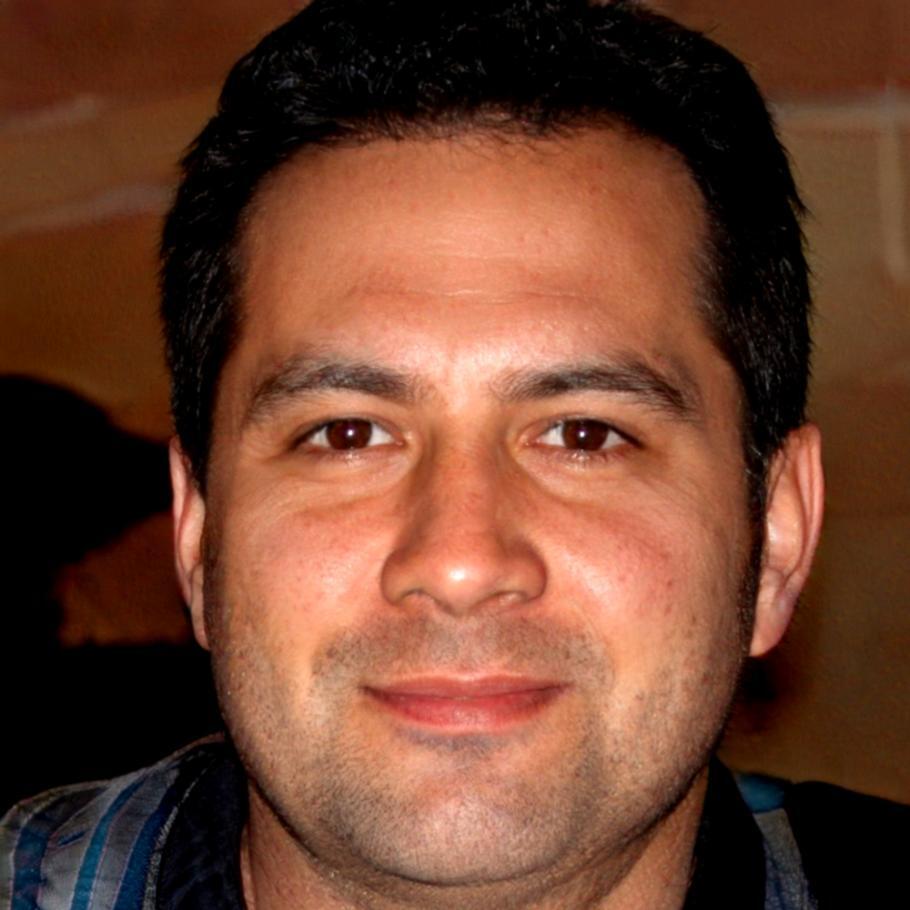Building ventures that actually work in the real world
We partner with founders who have spent years in their industries and know exactly where the gaps are. Our approach combines financial discipline with operational experience to build ventures that solve problems people are willing to pay for.
Learn about our process
How we got here
Started by people who got tired of watching good ideas fail because of poor execution. We've been through the mistakes ourselves, so you don't have to.
Foundation through frustration
Three operators with combined 40 years of industry experience decided to stop complaining about poor venture execution and do something about it. Started with a single retail concept that became profitable within eight months.
Pattern recognition phase
After building five ventures across different sectors, we noticed the same mistakes happening repeatedly. Founders would have brilliant calinovare expertise but weak financial frameworks. We formalized what actually worked into a replicable system.
Regional expansion test
Took our model to three regional Australian markets simultaneously. Learned that local context matters far more than we initially thought. Revised our entire approach to prioritize market validation before capital deployment.
Current trajectory
Working with 12 active ventures across logistics, specialty retail, and professional services. Our focus now is on helping experienced operators structure their ideas properly from day one, rather than trying to fix things later.
What we bring to ventures
Most venture builders focus on technology or innovation. We focus on operational reality and financial sustainability. Because brilliant ideas that can't scale profitably aren't actually that brilliant.
Financial architecture
Building proper unit economics from the start. We model cash flows, margin structures, and capital requirements before making commitments. Most ventures fail because the numbers never worked, not because of execution problems.
Market validation frameworks
Testing demand signals before building infrastructure. We use specific validation methods that tell us whether people will actually pay for something, not just whether they like the idea in theory.
Operations design
Creating systems that can scale without constant founder involvement. We map workflows, identify bottlenecks early, and build processes that work when you're not in the room.
Go-to-market execution
Launching with clear customer acquisition strategies and realistic timelines. No vague "build it and they will come" thinking. Just specific channels, measurable costs, and honest projections.
Growth mechanics
Identifying what actually drives revenue expansion once you've proven the concept. We focus on repeatable growth levers rather than one-time promotional tactics.
Problem solving under pressure
When things go wrong, and they always do, we help you figure out what actually matters. We've dealt with supply chain failures, key employee departures, and unexpected competitor moves. Most problems are solvable if you stay clear-headed.

Our partnership model actually aligns incentives
We don't charge consulting fees or take massive equity stakes upfront. Instead, we become operational partners who succeed when the venture succeeds.
This means we're in the trenches with you, making decisions based on what's best for long-term profitability rather than what looks good in a pitch deck.
Perspectives from our team
People who've built businesses themselves tend to have different opinions than those who just study them.
The ventures that work are the ones where founders can clearly explain their customer's problem in two sentences. If it takes more explanation than that, you're probably solving a problem that doesn't exist outside your own head.
I've watched too many smart people burn through capital because they confused activity with progress. Building fast isn't the same as building right. We help founders focus on the metrics that actually indicate a sustainable business.
Our three-phase building approach
Stolen from years of trial and error. Refined based on what actually produced sustainable ventures rather than what looked impressive on paper.

Validation sprint
Six weeks of intensive customer research and financial modeling. We determine if there's real demand at a price point that makes economic sense. Most ideas fail this phase, which saves enormous amounts of time and capital.
Foundation build
Three to four months establishing core operations. We set up proper financial systems, hire key people, and create repeatable processes. This phase feels slow but prevents chaos later.
Scaled execution
12 to 18 months of controlled growth. We focus on improving unit economics and expanding deliberately. No hockey stick projections, just steady progress toward profitability.
Working with experienced operators changes outcomes
If you've been in your industry long enough to see what doesn't work, and you have ideas about what should exist, we should probably talk.

